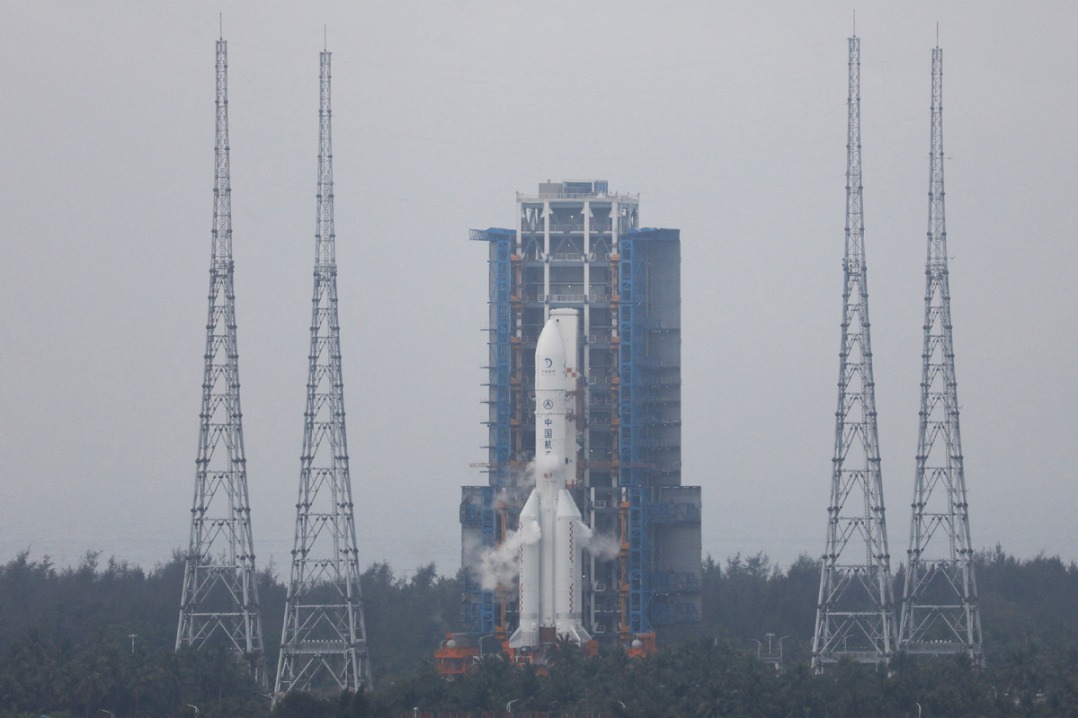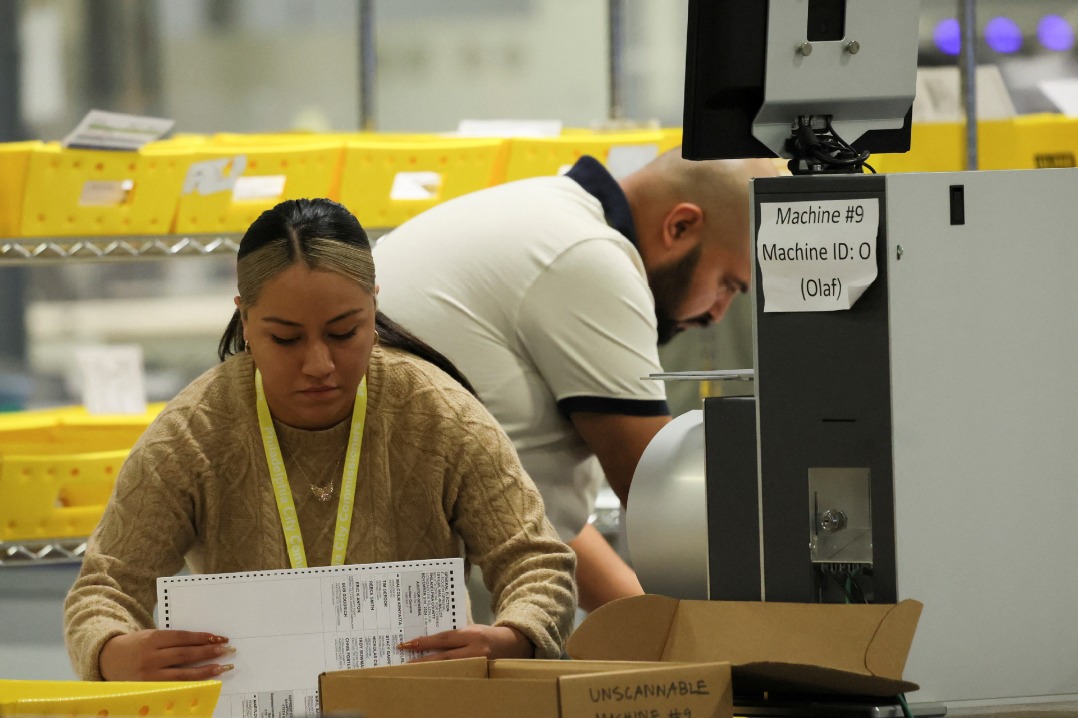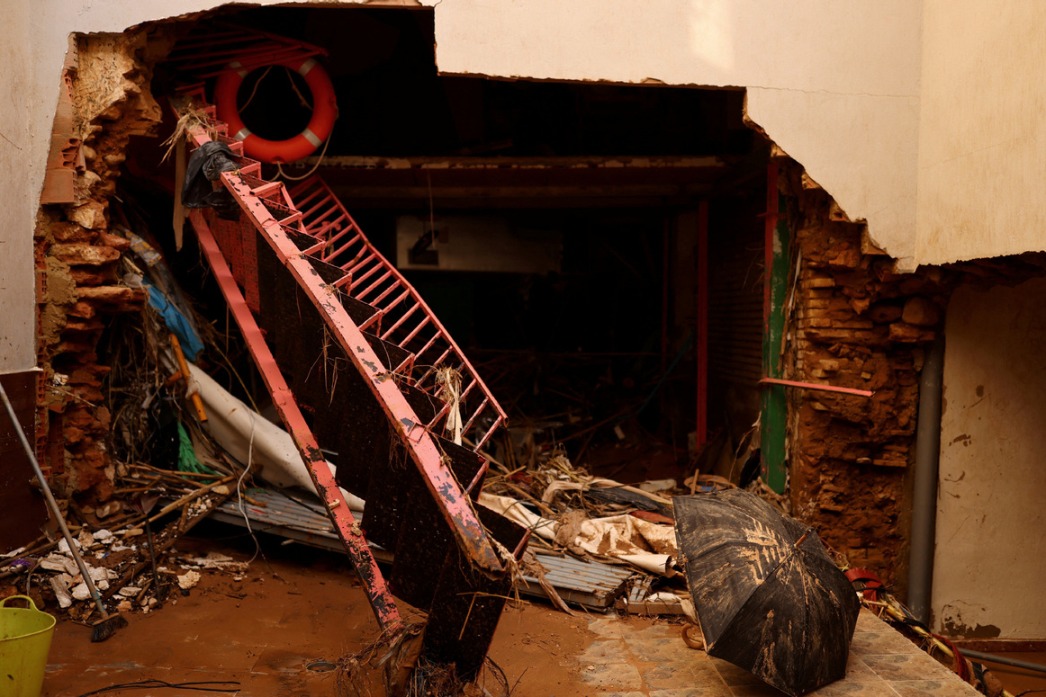Chinese envoy counters Japan's decision to release nuclear-contaminated water

A Chinese envoy on Friday urged Japan to reverse its decision to dump contaminated water from the Fukushima nuclear accident into the sea.
Geng Shuang, China's deputy permanent representative to the United Nations, exercised China's right to reply to the Japanese representative at 31st Meeting of States Parties to the UN Convention on the Law of the Sea.
"Just now the Japanese representative made erroneous remarks on the issue of the nuclear-contaminated water from Fukushima nuclear power plant, attempting to emphasize that the treated water will be harmless, and that they have been open and transparent, and the plan has been approved by the International Atomic Energy Agency. These are intentionally misleading for they are not in line with the facts," said Geng.
He said China wishes to underline the following points:
First, Geng said, the Fukushima nuclear accident is one of the most serious in world history. The contaminated water is composed of cooling water injected into the melted reactor core, as well as groundwater and rainwater.
It consists of large amounts of radioactive isotopes which are created in the fission process and are non-existent in nature. There is no precedent to refer to and the impact on marine environment, food security and public health cannot be neglected, he said.
"If the Fukushima nuclear-contaminated water will be harmless as Japan has claimed, why would they not keep it for domestic use? Why does it insist on dumping it into the sea?" the envoy asked.
Second, Geng said, the Japanese side has not been transparent and open as it has claimed.
He said that before the announcement of its decision to release nuclear-contaminated water into the sea, Japan did not fully consult with neighboring countries and other stakeholders. After the announcement, many Pacific Rim countries including China, as well as organizations such as the Pacific Islands Forum, all expressed concerns on Japan's release decision.
"But so far, Japan has not responded earnestly to and has not addressed such concerns," said Geng.
Third, Geng said, the IAEA has never endorsed or approved Japan's decision to release nuclear-contaminated water into the sea. At present, the IAEA is establishing a technical working group and has confirmed that specialists from China and Republic of Korea will be invited to join the group.
"China will offer full support to this work, urging Japan to respond to the concerns of the stakeholders and the international community. Japan should act in good faith, with a highly responsible attitude toward international public interests, and in an open, transparent and scientific manner, prudently address relevant issues," he said.
Four, Geng said, the disposal of the nuclear-contaminated water from the Fukushima nuclear accident is not merely a domestic issue for Japan. The planned actions will severely harm international public health, safety and the immediate interests of neighboring countries and their people.
"We once again urge Japan to revoke its wrong decision. It must not wantonly start the ocean discharge before consulting and reaching consensus with all stakeholders including neighboring countries and relevant international institutions," he said.
In exercising his country's right to reply, Jongin Bae, deputy permanent representative of the Republic of Korea, said the disposal of contaminated water from the Fukushima nuclear power plant is "an extraordinary and unprecedented challenge".
In dealing with such "grave concern", coordinated efforts and measures must be carefully undertaken in cooperation with the international community, he added.
"We expect the Japanese government to reflect whether it has fulfilled all its obligations under international laws," the diplomat said.

































